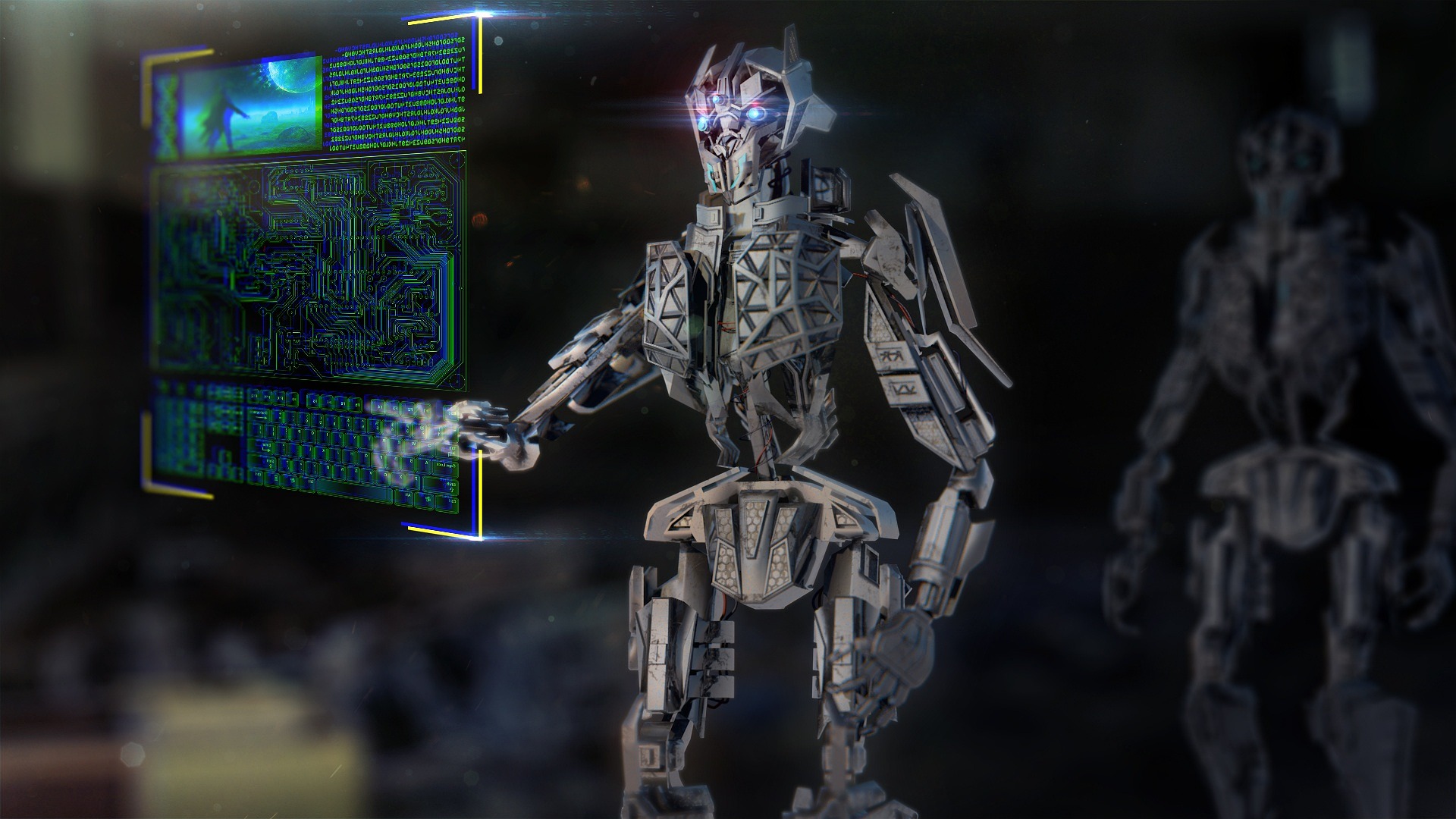The rise of AI has sparked a major conversation about its impact on the job market. Fear-mongering headlines often paint a dystopian picture of robots taking over every job, leaving humans jobless and bewildered. However, the reality is far more nuanced. While it will undoubtedly automate some tasks, it’s also creating new job opportunities that demand a different skill set. Let’s delve into the dynamic relationship between humans and artificial intelligence in the modern workplace, exploring how this powerful technology can complement and enhance human capabilities.
The Expanding Scope of AI in the Modern Age
It is rapidly transforming industries across the board, weaving its way into the fabric of our professional lives. From healthcare and finance to manufacturing and customer service, Its Algorithms are tackling complex tasks with increasing efficiency. Artificial Intelligence excels at repetitive, data-driven tasks, freeing up human workers to focus on higher-order thinking, creativity, and social interaction. Imagine a doctor using AI-powered diagnostics to analyze patient data and identify potential health issues, allowing them to dedicate more time to personalized patient care and building trust.
Will Artificial Intelligence Replace Jobs Entirely?
While some jobs will inevitably be automated, it’s unlikely that it will render humans entirely obsolete. The skills that make humans unique, such as critical thinking, problem-solving, and emotional intelligence, will remain crucial in the AI-powered workplace. While It can analyze vast amounts of data and identify patterns, it typically lacks the human ability to understand the context of that data, adapt to new situations on the fly, and make subjective judgments that require empathy and emotional intelligence.
Jobs Most Susceptible to Automation
Jobs with highly repetitive tasks and minimal creativity are most susceptible to automation. This includes data entry positions, assembly line workers in specific industries like car manufacturing, and basic customer service roles that rely on the following scripts. However, this doesn’t necessarily mean these jobs will disappear entirely. The roles might evolve, requiring workers to possess new skills like data analysis, quality control, or the ability to train and oversee AI systems.
Beyond Pattern Recognition: The Power of Human Intelligence
Artificial Intelligence excels at tasks requiring pattern recognition and complex calculations. However, it typically lacks the human ability to understand context, adapt to new situations on the fly, and make subjective judgments that require empathy and emotional intelligence. Humans excel in these areas, making them invaluable assets in the AI-powered workplace.
The Rise of Augmented Intelligence: Humans and Machines Working Together

The future of work lies in collaboration, not competition. Augmented intelligence is the real game-changer, combining human and machine intelligence to create a powerful synergy. Artificial Intelligence tools can analyze data, identify patterns, and automate tasks, allowing humans to focus on strategic decision-making, creative problem-solving, and building relationships. Imagine an architect using Artificial Intelligence software to generate many design options based on specific parameters, then using their creativity and knowledge to select and refine the best option.
Building the Workforce of the Future: Upskilling or Hiring New Talent?
New tech roles or upskill existing staff? Both work! Hire specialists for cutting-edge tech, data, and security to lead the way. But upskilling your team lets them work with these systems effectively, creating a smoother transition and a more engaged workforce.
Artificial Intelligence Revolution: The Importance of Human Oversight
Businesses need leaders who understand both the capabilities of advanced technology and human needs to ensure responsible and ethical use. These leaders must identify tasks best suited for automation, navigate the complex legalities surrounding this technology, and address potential biases within these systems.
Conclusion: Embracing the Future with AI
Artificial Intelligence is not a replacement for human workers, but rather a powerful tool that can be harnessed to create a more efficient and productive future. By ivesting in continuous learning, companies can create a future where humans and machines work together to achieve extraordinary things. The key lies in identifying the right skill sets for the evolving landscape, fostering a culture of collaboration, and ensuring responsible and ethical implementation of AI.
FAQs:
Q: Will AI take my job?
Ans: The impact of AI on your specific job depends on the tasks involved. Jobs with high levels of automation are more likely to be affected. However, new opportunities will arise. Focus on developing skills that complement AI, such as critical thinking and creativity.
Q: What skills are needed for AI jobs?
Ans: Strong analytical skills, data literacy, and the ability to learn new technologies are essential for AI-related careers. Understanding how AI works and its ethical implications is also valuable.
Q: How can I prepare for the AI revolution?
Ans: Upskill yourself! Take online courses, attend workshops, and stay updated on the latest AI advancements.
Q: Is AI a threat to society?
Ans: AI can be misused, but with proper regulations and ethical considerations, it can be a force for good.
Q: How can businesses leverage AI effectively?
Ans: Start by identifying tasks that can be automated with AI. Invest in training your workforce on how to work effectively with AI tools.

